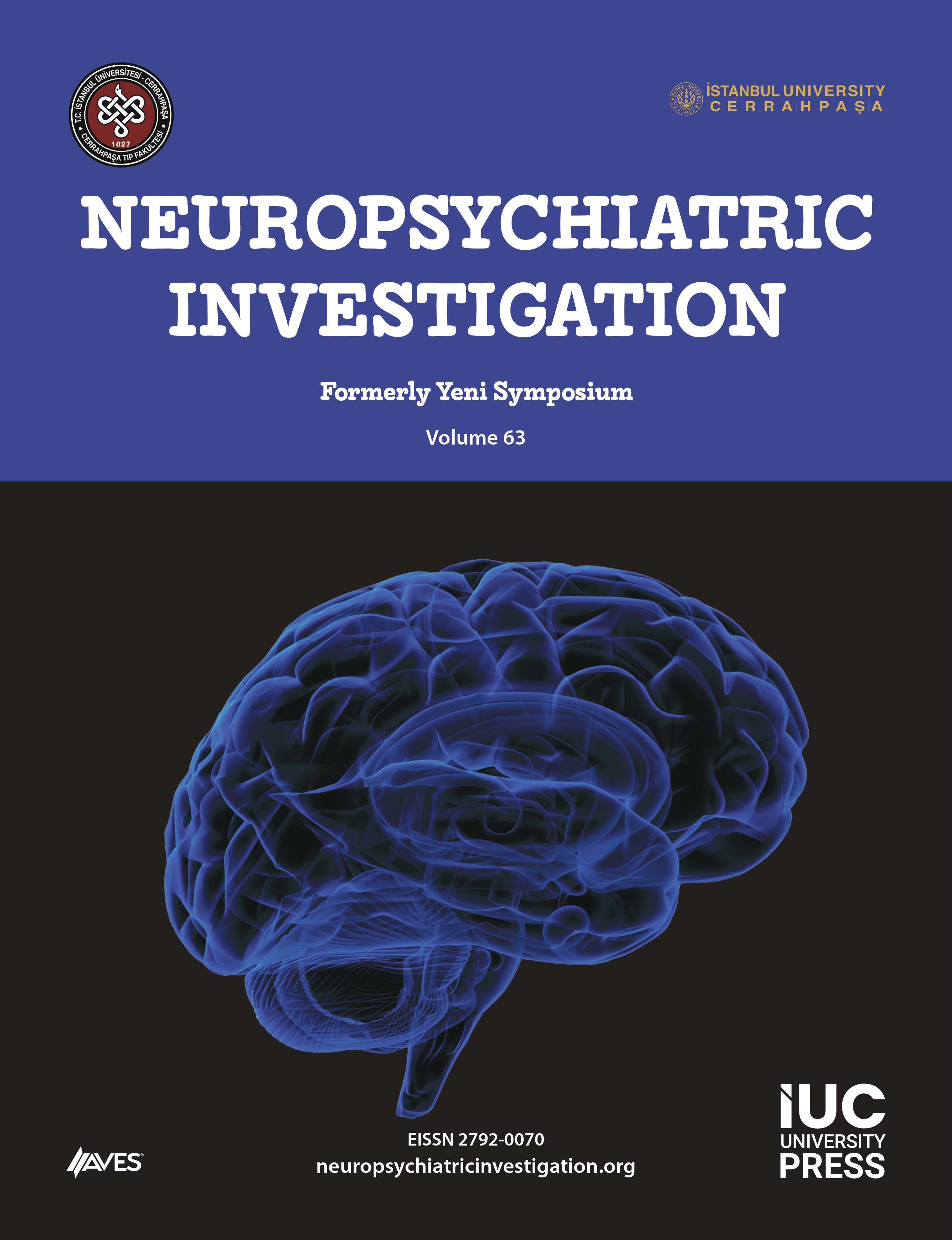Objective: We aimed to determine the prevalence of postpartum depression among preterm birth mothers and investigate factors related to postpartum depression.
Methods: The cross-sectional study was carried out in a tertiary hospital. The mothers who had preterm birth were interviewed via Structured Clinical Interview for the Diagnostic and Statistical Manual of Mental Disorders, Fourth Edition (SCID-I). Sociodemographic data form, Edinburgh Postpartum Depression Scale (EPDS), Multidimensional Perceived Social Support Scale (MPSSS), and Spielberger State-Trait Anxiety Inventory (STAI) were applied to the whole study group. The study group was divided into two groups according to SCID-I with postpartum depression and non-postpartum depression. The two groups were compared to find the factors associated with postpartum depression. Finally, binary logistic regression analysis was performed for postpartum depression risk factor analysis.
Results: We found that 20.8% (n=25) of all subjects met postpartum depressive disorder criteria. History of peripartum or any time depression, history of psychiatric disorders in the family, health problems in the pregnancy period, and unplanned pregnancy were significantly more frequent in the postpartum depression group. EPDS and STAI scores were significantly higher and MPSSS scores were significantly low in the postpartum depression group. There was a negative significant correlation between EPDS scores and MPSS scores. The characteristics found significantly in the postpartum depression group were found to be risk factors for postpartum depression in the regression analysis.
Conclusions: Unplanned pregnancy, health problems in the pregnancy period, and patient or family depression history may play an important role in postpartum depression among preterm birth mothers.




.png)